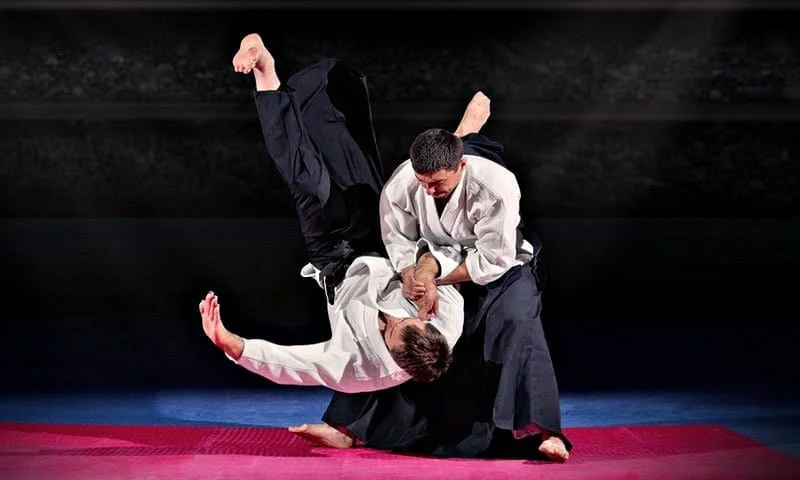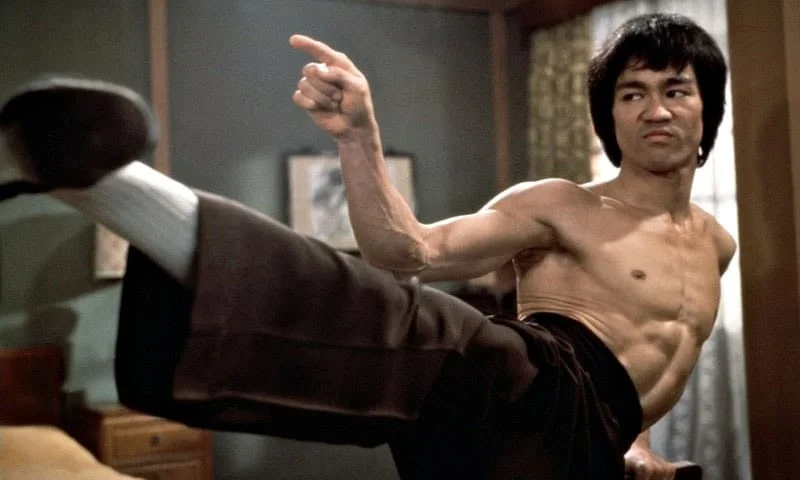Self-defense in the broadest sense means
A historically established phenomenon aimed at preserving life in general. In this aspect, self-defense is associated with such concepts as self-preservation, evolution, survival, natural science, and therefore is natural, but chaotic and often unsystematic.
 In a narrow sense, this concept is usually used to refer to the process of human opposition (defending) to a person (attacker) who intends or is already taking actions to cause damage to the life and health of the defender. In the same time this concept can be expanded to public self-defense, defense of the state and narrowed to the mental processes of the individual to counteract negative factors that often come from the individual himself. Therefore, self-defense is associated with such sciences and areas knowledge such as:
In a narrow sense, this concept is usually used to refer to the process of human opposition (defending) to a person (attacker) who intends or is already taking actions to cause damage to the life and health of the defender. In the same time this concept can be expanded to public self-defense, defense of the state and narrowed to the mental processes of the individual to counteract negative factors that often come from the individual himself. Therefore, self-defense is associated with such sciences and areas knowledge such as:
- anatomy,
- physiology,
- psychology,
- sociology,
- political science,
- law,
- life safety,
- national security,
- labor protection, etc.
Due to the variety of forms of attack and threatening factors, the subject of an attack can be not only a person or group people, a person may need protection from animals, phenomena, processes.
Protecting a person from an attack by another person is the starting point and fundamental in knowledge
basics of self defense. In this case, self-defense is specific nature and allows you to define a set of measures
on counteraction, expressed in practical knowledge, skills that are formed in advance, before the threat and attack.
In this form, self-defense is focused and systematic, which allows you to quickly understand its logic, master and appropriate it as a personal experience with the possibility of application in life. On this basis, our country has developed and sport of sambo arose, meaning self-defense without weapons, as well as army hand-to-hand combat
as a professional applied sport.
Not all people purposefully, systematically master the skills and abilities of martial arts, not everyone is able to
be a fighter athlete, but every man can take some useful information for yourself from the whole variety of different ways of self-defense, and maybe she will someday be useful to him and even save his life.
This manual contains the basics of knowledge, a short and minimal theoretical self-defense course, which, in our opinion, every person should master, given objective reality of modern life. At the same time, these recommendations are not an absolute antidote to attack and a panacea for all threats, because Ultimately, the most important thing is whether and how whether in general a person can apply measures prepared in advance for self-defense from a real attack.

In the manual, we adhere to the following formulation of the concept of “self-defense”: self-defense is a purposeful process of implementing a set of response measures, knowledge, motor skills and abilities aimed at prevention of illegal actions against a person, carried out within the framework of the current legislation. The basis of self-defense is the legality of retaliatory actions, hand-to-hand combat.
Thus, self-defense is a complex social and civil law process, which Everyone should know in one way or another. The ability to defend oneself depends on many conditions, factors, the nature of the threats, and one of the main factors is the personality of the defender himself. preliminary training, hand-to-hand combat, readiness, indie
visual and moral-volitional qualities, human knowledge improve the effectiveness of self-defence. There are known situations of predator and prey, when, it would seem, the outcome is a foregone conclusion, but the non-standard and decisive actions of a potential victim allow her not only to avoid this
fate, but also to provide the attacker with significant resistance, and sometimes damage incompatible with life. Experts in the field of self-defense are unanimous in their opinion about that self-confidence and a desire to defend yourself is the key to success in self-defense.
